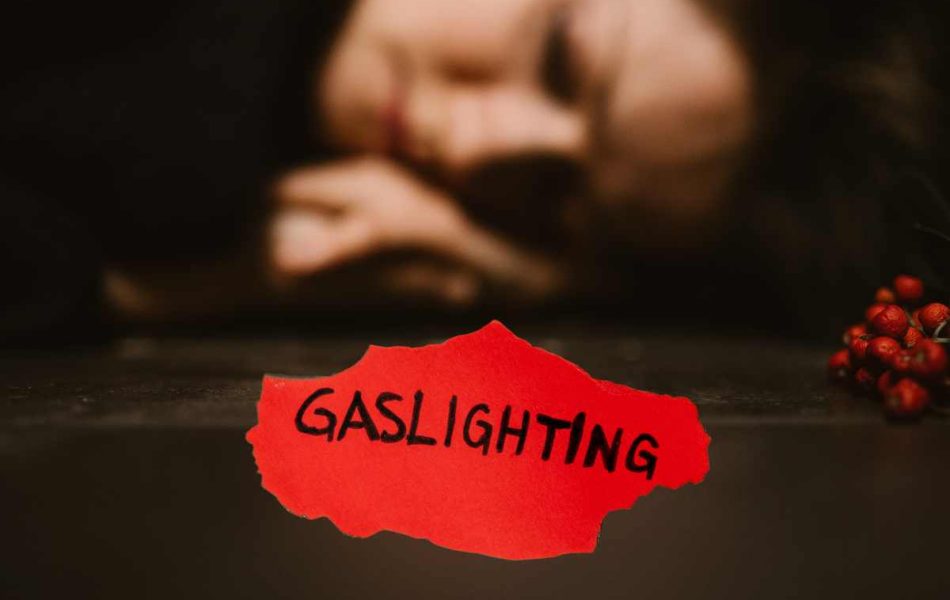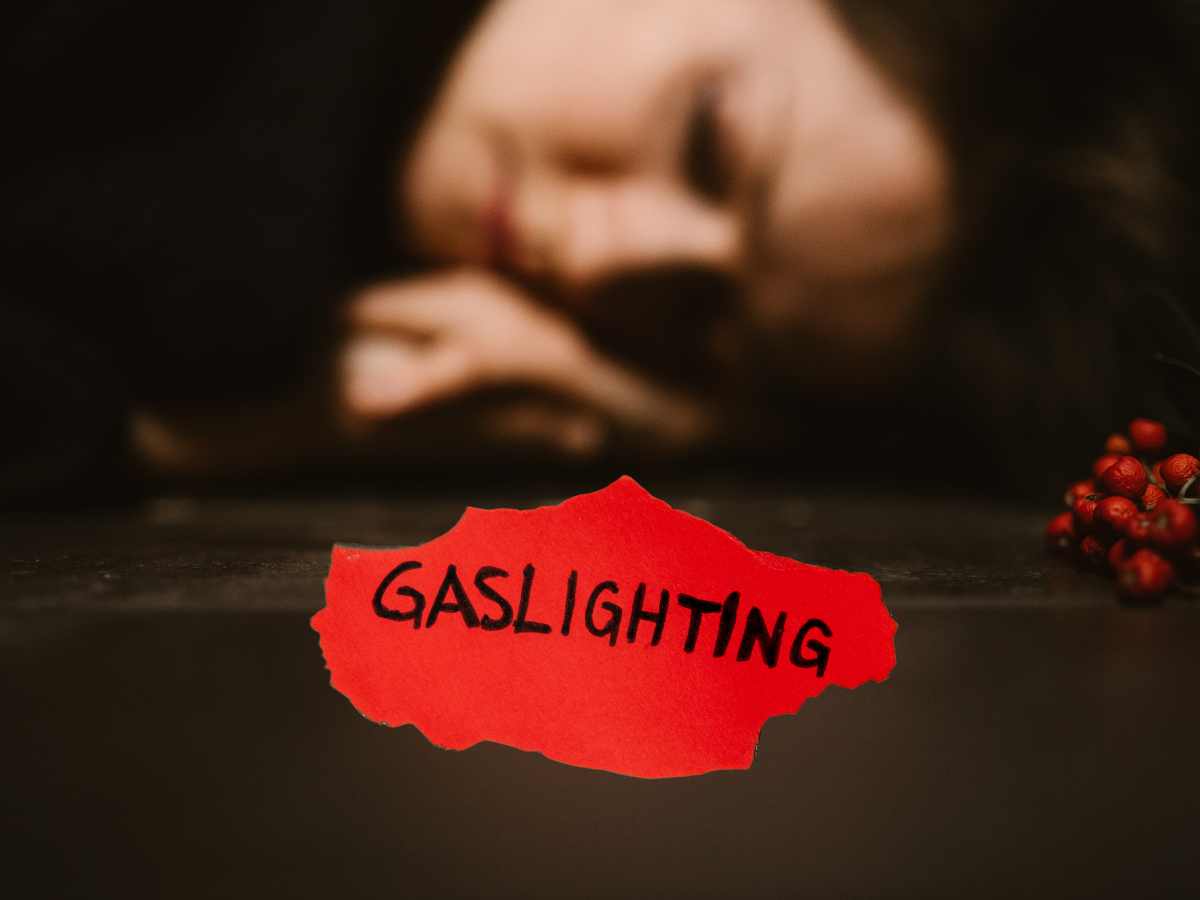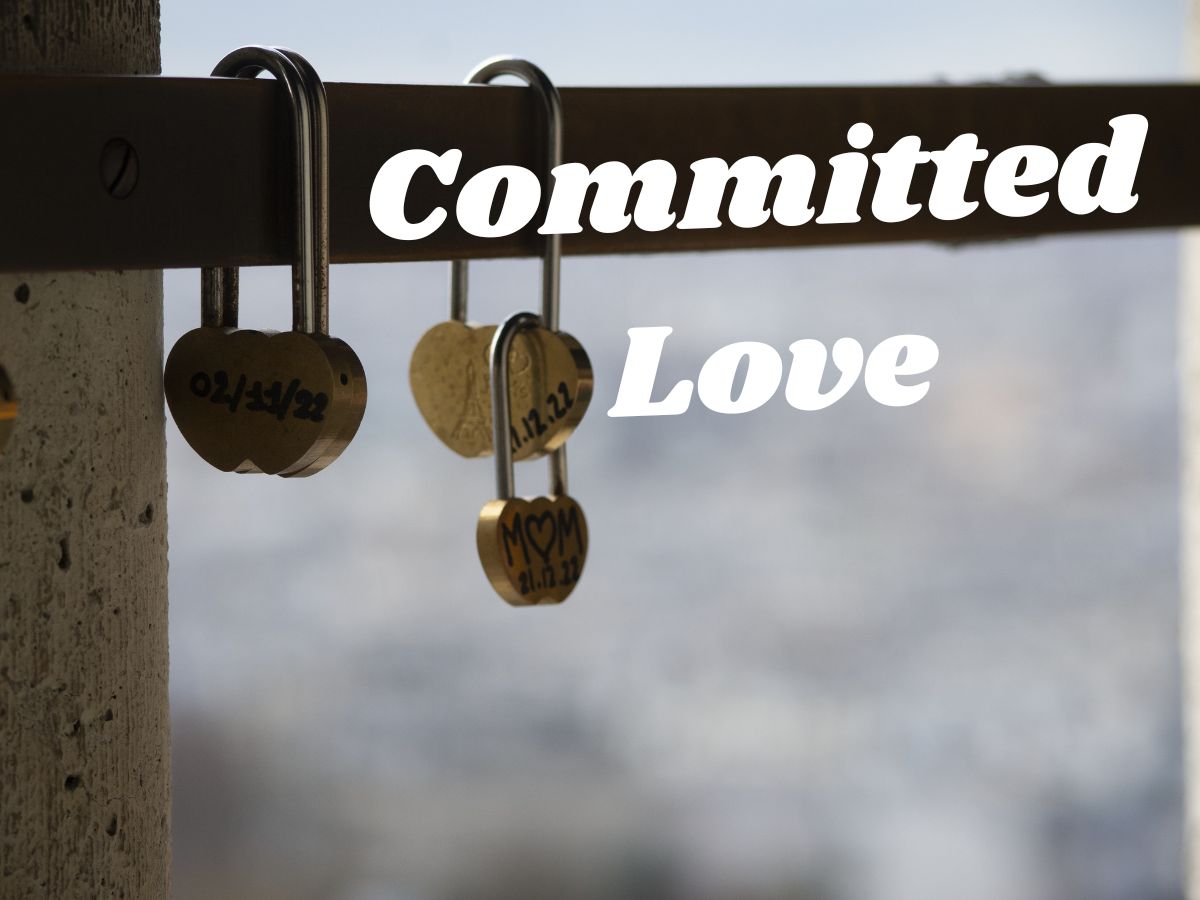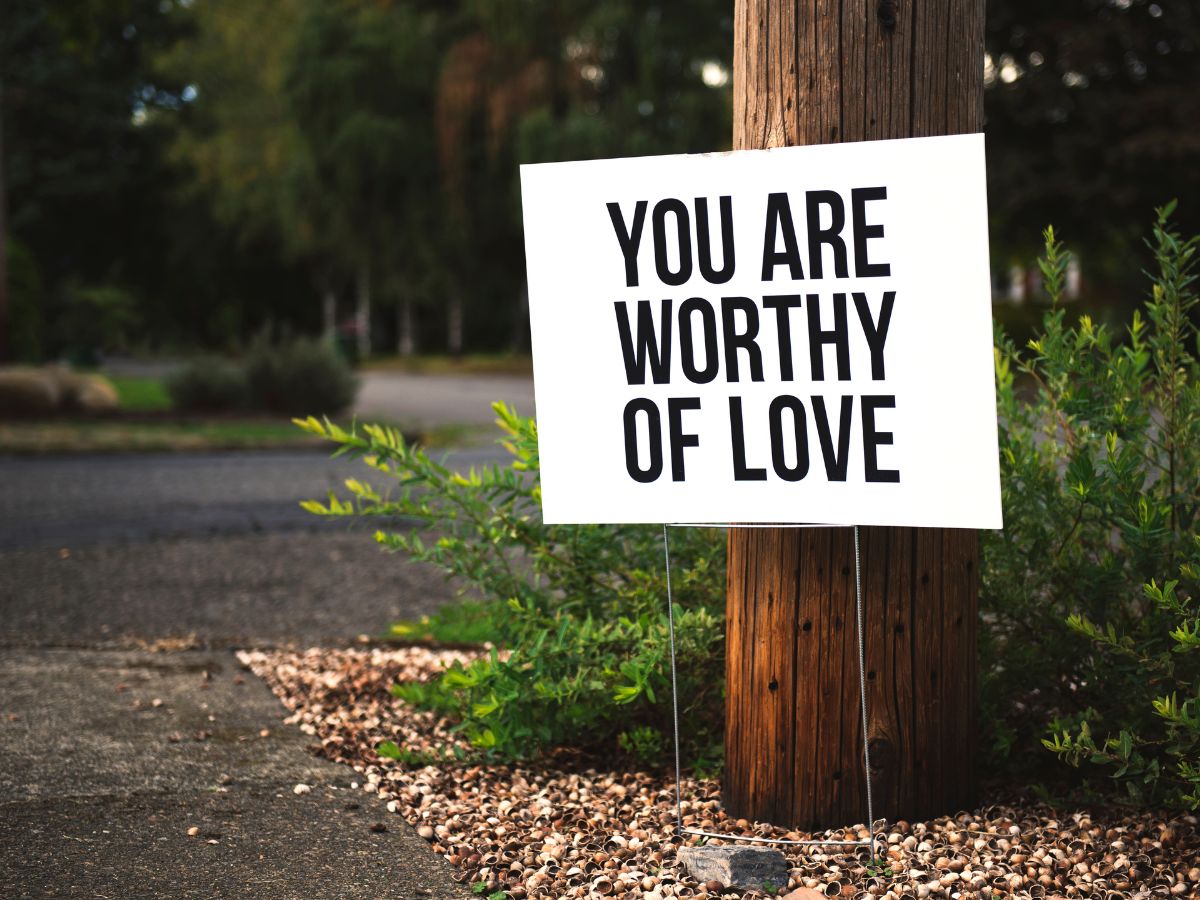Has this ever happened to you? You’re in the middle of a conversation—or maybe even an argument—and suddenly, you’re hit with, ‘Stop gaslighting me!’ And your mind is spinning because… you’re pretty sure you’re not gaslighting anyone. If this resonates, you might find my article The Art of Letting Go: Breaking Free from Attachments That Hold Us Back helpful as it dives into how to navigate confusion and emotional manipulation.

It’s a gut-punch, isn’t it?
You’re standing there, trying to process what just happened, and suddenly you’re questioning everything. “Am I being manipulative? Did I say something wrong?” But deep down, there’s that small voice whispering, This doesn’t feel right.
In a world where terms like gaslighting have become more mainstream, they’re often misunderstood and, unfortunately, misused. What started as a way to describe a very real form of emotional manipulation has sometimes turned into a weapon to silence, deflect, or control.
So, what’s really going on when someone accuses you of gaslighting, and it doesn’t feel fair or true? Let’s explore.
When Gaslighting Becomes a Weapon
Let’s get one thing clear: gaslighting is real, and it’s harmful. It’s a deliberate form of manipulation where someone makes you doubt your reality, memories, or feelings. But here’s the catch—accusing someone of gaslighting can itself become a manipulative tactic, especially by people on the narcicistic spectrum.
Think about it. By throwing out the accusation, the focus immediately shifts to defending yourself. Suddenly, the real issue disappears, and you’re left trying to prove that you’re not the “bad guy.” Meanwhile, the person accusing you gets to avoid accountability for their own behavior.
It’s a psychological game, and if you’ve experienced it, you know how disorienting it can feel.
Recognizing the signs is the first step toward taking your power back. If you’re wondering how to heal from these patterns, my article Yes, You Can Have Healthy Relationships and Still Heal offers practical insights to help you start that journey.
How to Recognize When You’re Being Gaslit by the Accusation of Gaslighting
When someone accuses you of gaslighting unfairly, it often comes with specific patterns or red flags. These moments can leave you feeling confused, guilty, or even questioning your own reality, which is exactly what gaslighting does. But awareness is your first line of defense, and knowing about it in advance can give you the power during this powerplay.

When the Tables Turn: Here are the Signs
- Projection: They accuse you of the very behavior they’re engaging in to deflect attention from their actions.
- Denial of Your Reality: Your feelings, thoughts, or experiences are dismissed as manipulative, making you doubt your own intentions.
- Confusion Tactics: You walk away from the conversation feeling foggy, like you can’t quite put your finger on what just happened—but you’re left feeling “wrong” somehow.
These behaviors are not only manipulative but also designed to keep you off balance, making it harder for you to stand your ground. Let’s explore them even deeper, shall we?
1. Projection
Projection is a classic manipulation tactic. Instead of owning up to their behavior, the other person flips the script and accuses you of doing exactly what they’re doing.
For example, you might calmly point out how they interrupted you during the conversation, only for them to respond, “You’re the one gaslighting me by making things up!” Suddenly, instead of discussing their behavior, you’re defending yourself.
This tactic works because it puts you on the defensive, stealing the focus away from the real issue. It’s their way of avoiding accountability while planting seeds of doubt in your mind.
And it does give the receiver of this tactic a literal mind-f*ck!
2. Denial of Your Reality
Gaslighting thrives on invalidation. When someone dismisses your thoughts, feelings, or observations as manipulative, they’re denying your reality.
For instance, you might express how something they did hurt you, and they respond with, “That’s not true. You’re just trying to twist things to make me look bad.”
This response not only invalidates your emotions but also shifts the blame onto you, framing you as the problem.
It’s important to recognize this behavior in your relationships. That said, not every instance of someone saying something dismissive—or even you saying something similar to someone else—is necessarily intentional manipulation.
Often, these are learned and unconscious communication patterns.
Regardless of the intent, this behavior needs to be addressed—not with anger or aggression, but with a calm and steady response that reflects back what was said.
For example, let’s say you tell someone, “When you raised your voice earlier, it made me feel really small and hurt.”
If they respond with, “That’s not true. You’re just twisting things to make me look bad,” you can calmly reflect back by saying:
“I’m not trying to twist anything. I’m simply sharing how I felt in that moment because it’s important for me to be honest with you. Can we talk about what happened without invalidating my feelings?”
This type of response keeps the conversation grounded and respectful while subtly calling attention to the dismissal without escalating the situation. Over time, this can make you second-guess your own intentions, leaving you stuck in a spiral of self-doubt. Recognizing this tactic is crucial to protecting your sense of self.
3. Confusion Tactics
This one is particularly sneaky. You leave the conversation feeling dazed, as if your brain is spinning in circles. The argument feels unresolved, and yet you’re not even sure what you were arguing about in the first place. Sound familiar?
Confusion tactics often involve circular arguments, changing the subject, or twisting your words until you lose track of what’s true.
For example:
You: “I feel like you’re not listening to me.”
Them: “That’s funny because you’re the one who’s always ignoring me!”
Suddenly, you’re questioning whether that’s true while completely losing sight of your original point. It’s a subtle but powerful way to destabilize you, making you doubt not only what you’ve said but also your ability to stand by it.
The goal is to confuse you so thoroughly that you lose your perspective and become insecure about the points you made in the first place. It’s a nasty tactic, one that can leave you feeling unsteady and unsure of yourself.
How to Respond When You’re Being Gaslit by Being Called a Gaslighter

Dealing with this kind of manipulation can be emotionally draining. It requires a combination of self-awareness, emotional regulation, and strategic communication. Being wrongly accused of something—especially when it feels completely unfair—can trigger defensive emotions, frustration, and even self-doubt. This is exactly what the person engaging in this type of manipulation wants: to throw you off-balance, make you insecure, and gain control over the situation.
While it’s completely natural to feel defensive or angry in moments like these, how you respond can either diffuse the tension or escalate the conflict. Your response has the power to shift the dynamic from a power struggle to one that allows you to maintain your clarity, self-trust, and boundaries.
Here’s how you can handle it with clarity and strength:
- Stay Calm and Grounded:
When emotions are high, your first instinct might be to react. However, gaslighting thrives on emotional reactions because they give the manipulator more leverage. and we don’t want to give them that! Resist the urge to escalate by staying calm and taking a breath. You have all the time in the world. Take your power back by setting the pace. And then you are so much more able to respond from a place of emotional stability which will help you maintain control and clarity. - Trust Your Reality:
Gaslighting is designed to make you question your perception, memory, or feelings. One of the first steps in responding is trusting yourself. After that deep breath you took, remind yourself that your feelings are valid, and your perspective is important. Even when the other person tries to twist reality, anchoring yourself in your truth is empowering. - Set Clear Boundaries:
You don’t have to stay in conversations that leave you feeling disoriented, invalidated, or manipulated. If necessary, remove yourself from the situation temporarily to give yourself time to process and regain emotional stability. Setting boundaries isn’t about avoiding accountability—it’s about protecting your mental and emotional well-being.
Imagine you’re having a heated conversation with a partner or friend who keeps accusing you of gaslighting without evidence. You can feel your heart racing, your emotions rising, and your thoughts becoming clouded. Instead of allowing the argument to escalate, you can set a boundary to prioritize your emotional safety and regain clarity.
You: “I can feel that this conversation is becoming very intense for both of us. I care about resolving this, but I need a moment to process my thoughts and calm down. Let’s take a break and come back to this later.”
By saying this calmly and respectfully, you’re acknowledging your feelings and the situation without escalating the conflict. You’re also giving both parties the space to cool down and reflect before continuing the conversation.
After taking some time to process, return to the discussion when you feel centered and emotionally stable. This shows self-respect, prioritizes your mental well-being, and gives you the chance to respond from a place of calm rather than reacting out of stress or anger. - Communicate Clearly and Confidently:
If you choose to engage in dialogue, focus on expressing your feelings calmly and without aggression. For example:- “I’m not trying to manipulate you; I’m trying to express how I feel.”
- “I think there’s a misunderstanding here. Could we slow down and revisit this calmly?”
- Ask for Specific Examples:
If the accusation of gaslighting comes up, ask for specifics. This can clarify whether the issue stems from a miscommunication, projection, or actual gaslighting behavior.
For example:- “Can you give me a specific example of what I said that felt manipulative to you?”
- Recognize It as a Power Play:
Remember: Gaslighting accusations are often about power and control. The person accusing you wants you to feel insecure, confused, or defensive. Recognizing this dynamic can help you detach emotionally and respond in a way that empowers you rather than reacting out of fear or frustration.
It’s good to know these strategies, that is how you take back control of your emotional response and give yourself the power to stand in your truth.
Break Free and Heal: You Don’t Have to Do This Alone
Gaslighting, manipulation, and emotional games are painful experiences that can leave you feeling confused, vulnerable, and disempowered. But here’s the truth: you are not alone. Healing is possible, and you can emerge stronger, more confident, and more self-aware.
If you’ve experienced gaslighting—whether as the victim, the accused, or someone trying to rebuild trust in your relationships—it’s essential to know that recovery is a journey. A journey that begins with self-awareness, compassion, and intentional healing.
Ask Yourself:
- Are you ready to reclaim your sense of reality?
- Do you want to untangle patterns of emotional manipulation in your relationships?
- Are you ready to build a life where you trust your feelings, set boundaries, and feel emotionally secure?
If you answered yes, I want you to know: you can start that journey today. There’s a reason why you read this post. Perhaps your soul is calling you to take this moment for yourself, to commit to your healing, to learn, and to step into the life you truly deserve.
How I Can Support You
Navigating gaslighting and emotional manipulation is a challenging and deeply personal journey. If you’re finding yourself stuck in patterns of self-doubt, fear, or overwhelm—or if you’re simply ready to understand yourself better and heal old wounds—I’m here to help.
Healing isn’t about going through it alone. Sometimes, all you need is a safe space to process your feelings, gain clarity, and reconnect with your inner strength. That’s where I come in.
I offer guidance, tools, and personalized support to help you:
- Rebuild your sense of self-worth and confidence.
- Understand the patterns that keep you stuck in toxic cycles.
- Set clear, healthy boundaries without guilt or shame.
- Learn to trust yourself and your intuition again.
- Break free from emotional manipulation and rediscover your power.
You don’t have to do this alone. Whether you’ve experienced gaslighting, manipulation, or are just ready to explore your patterns and break free from uncertainty, I can help guide you toward healing and clarity.with me today. Let’s explore your path toward healing together.
👉 Book your free Clarity Call with me today. 👈 Let’s talk about where you are, where you want to go, and how we can begin this journey together.Your healing is possible. You are worthy of peace, self-trust, and joy—and I would be honored to walk beside you as you step into that reality.
Final Empowerment Statement
Gaslighting can shake your foundation, but it doesn’t define you. Your feelings are valid, your experience is real, and your journey toward healing is courageous. Every step you take—whether it’s learning, setting boundaries, or seeking support—is a powerful act of self-love and strength.
Trust yourself, trust your journey, and know: you are enough.
Take the next step toward your healing today. 💛
Have you ever been a victim of gaslighting? Please share your story and insights in the comment section!
















Leave a Comment